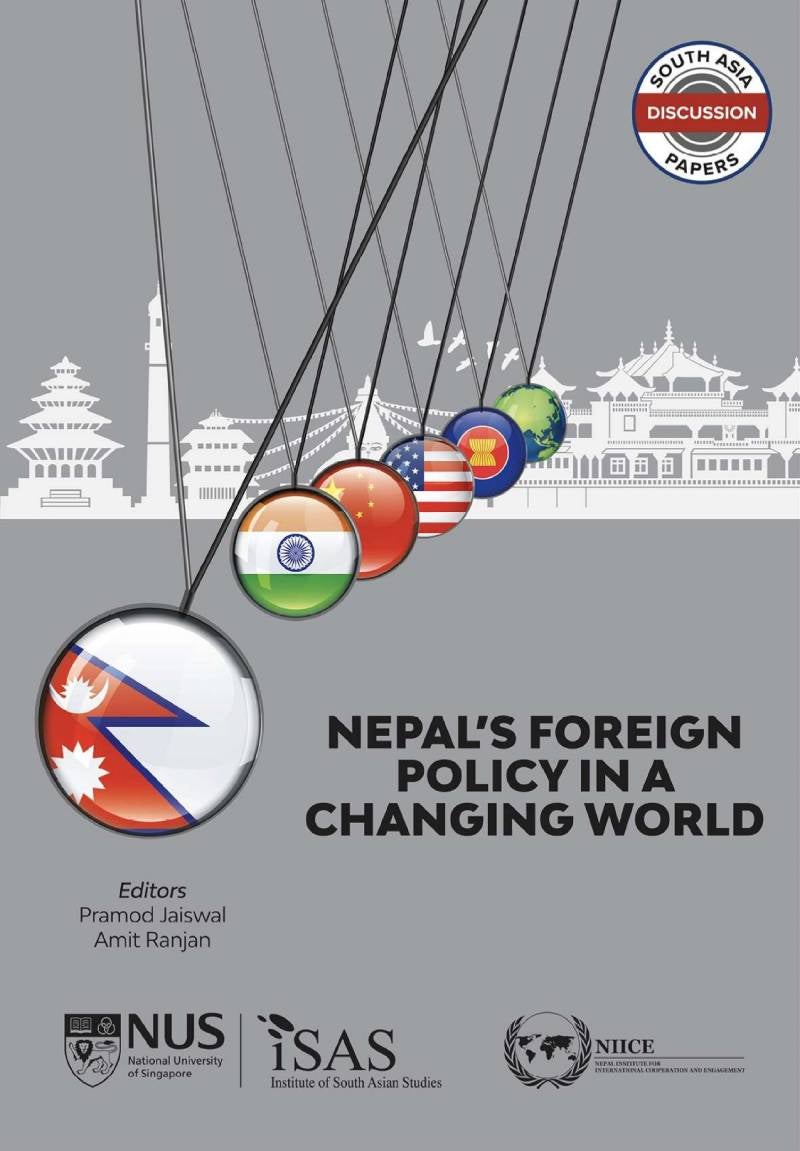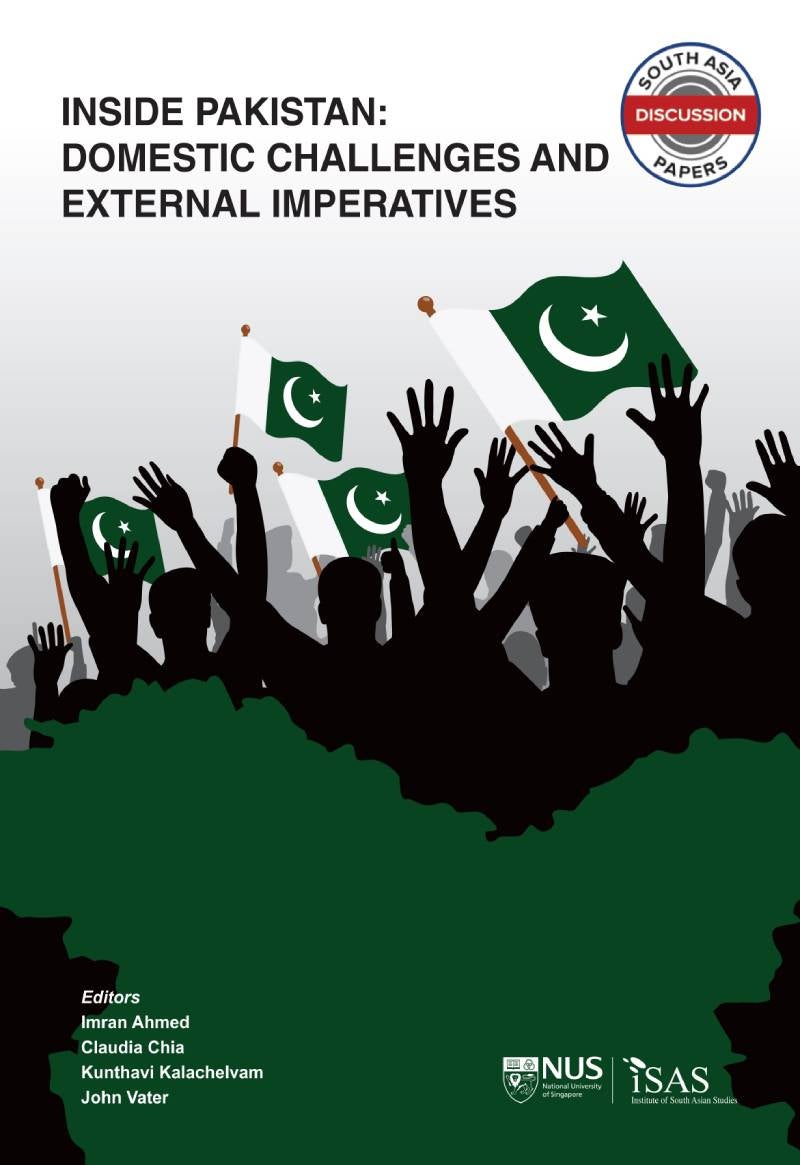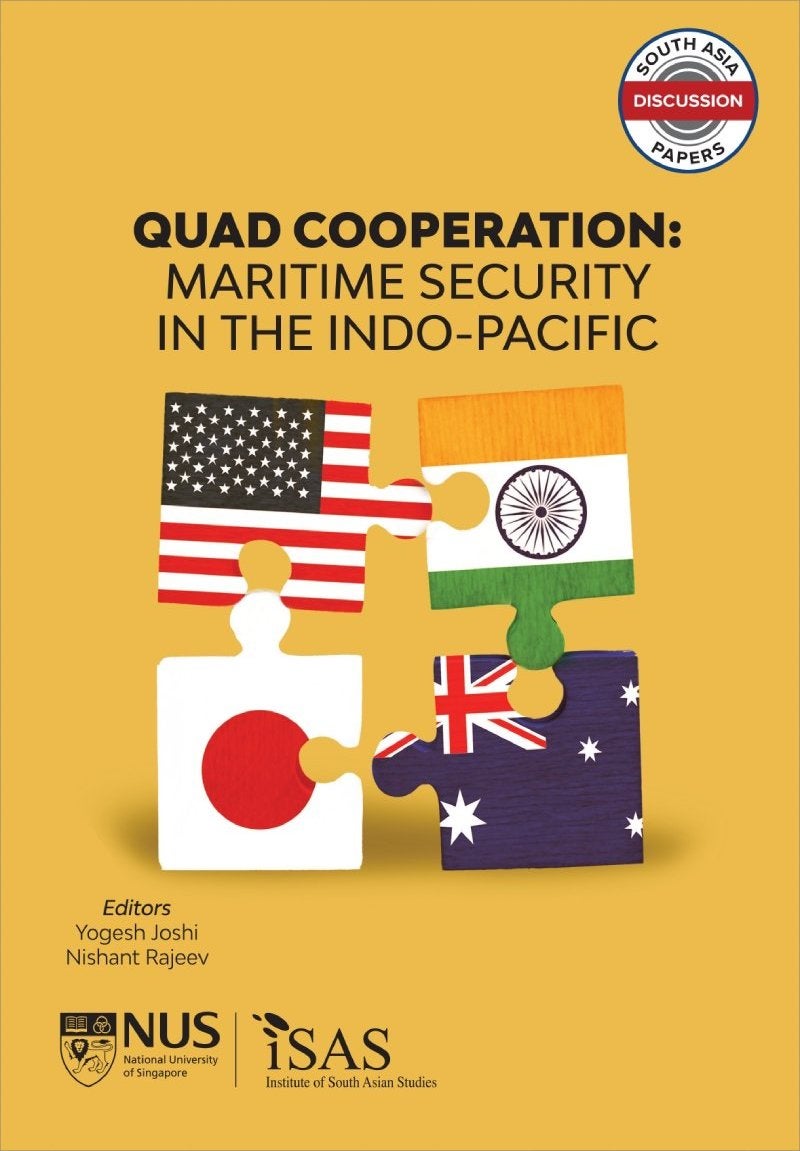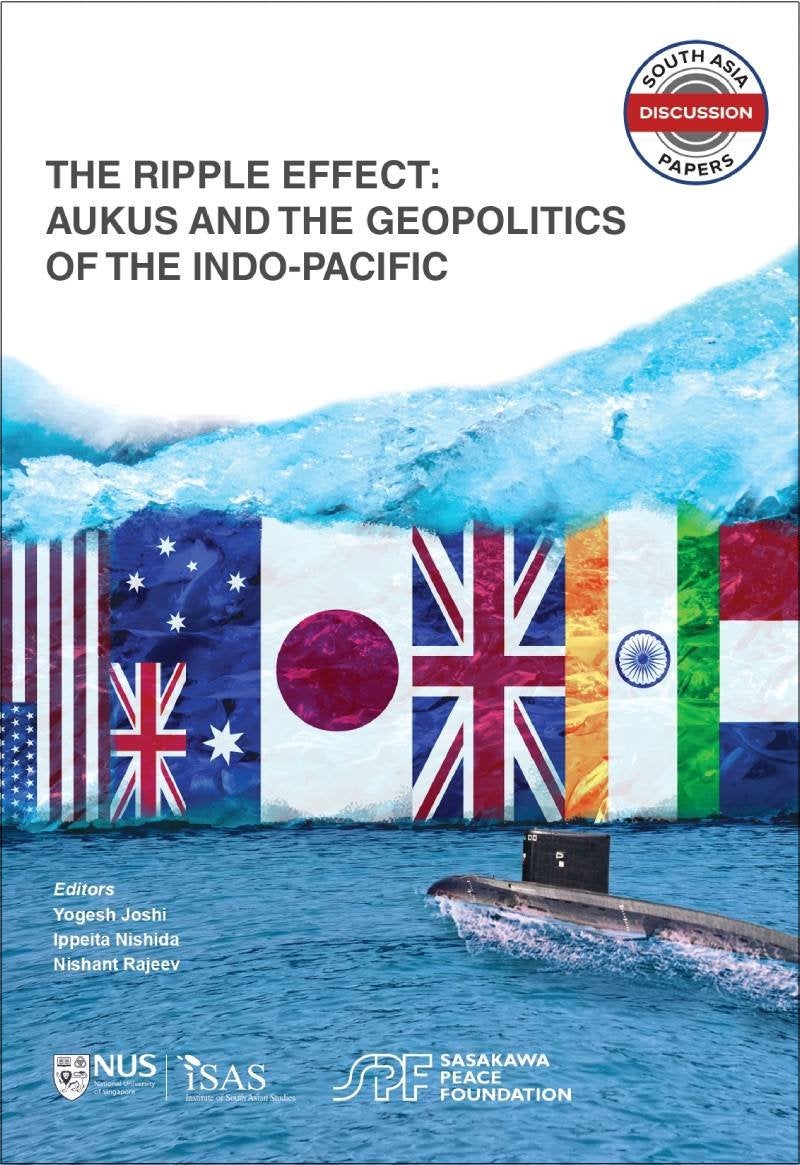
| Title: | Nepal’s Foreign Policy in a Changing World |
| Author/s: | Pramod Jaiswal, Amit Ranjan |
| Abstract: | Ever since its transition from a constitutional monarchy to a republic in 2008, Nepal has witnessed tremendous political developments. While its geographical location – situated between two Asian powers, India and China – was seen as a constraint to its engagement with the rest of the world, the country seems to have broken the shackles. It has expanded its horizons from being limited as a “yam between two rocks” to building important ties with other regional countries and the major global powers.
This issue of the South Asia Discussion Papers is jointly published by the Institute of South Asian Studies in the National University of Singapore and the Nepal Institute for International Cooperation and Engagement. It provides a diverse understanding of the multiple nuances in Nepal’s foreign policy in the changing geopolitical context. |
| Date: | 2 December 2022 |
| Read More |

| Title: | Inside Pakistan: Domestic Challenges and External Imperatives |
| Author/s: | Imran Ahmed, Claudia Chia, Kunthavi Kalachelvam, John Vater |
| Abstract: | The study of contemporary Pakistan must be pursued in relation to the country’s broader geopolitical and regional contexts and challenges. As Pakistan continues to face complex, entwined and enduring challenges, including political instability, a weakening economy and social unrest within, and security concerns and shifting geopolitical realities, it is significant to study and understand the factors that exacerbate these difficulties.
This issue of the South Asia Discussion Papers examines Pakistan’s most pressing concerns, reviews and analyses existent political and security issues, and identifies opportunities for possible cooperation and partnership. The publication also evaluates Imran Khan’s tenure as prime minister and assesses the challenges which now lie ahead for the state and its people. |
| Date: | 1 December 2022 |
| Read More |

| Title: | QUAD Cooperation: Maritime Security in the Indo-Pacific |
| Author/s: | Yogesh Joshi, Nishant Rajeev |
| Abstract: | The debate over the approach to address a rising China has been ongoing since the early years of the post-Cold War era. Recent sentiments were that China could be integrated into the international liberal order and that its rise would be peaceful. However, Beijing’s increasingly belligerent activities in the past decade have called these assumptions into question. Most visibly, perhaps, it has brought the Indo-Pacific’s four leading democracies
into the Quadrilateral Security Dialogue (Quad) coalition. A key concern for the Quad has been the restructuring of Indo-Pacific’s naval balance of maritime power. With its enormous resources, the People’s Liberation Army Navy (PLAN) is set to emerge at the helm of this new structure.
This issue of the South Asia Discussion Papers brings together expert analyses from across the Quad countries to analyse its progress thus far, identifies gaps in the approach of the Quad members and points out future challenges. The publication also explores the doctrinal evolution of the Quad navies considering the PLAN’s growing threat, its efforts to rationalise a joint approach and their understanding of international maritime law. |
| Date: | 22 October 2022 |
| Read More |

| Title: | The Ripple Effect: AUKUS and the Geopolitics of the Indo-Pacific |
| Author/s: | Yogesh Joshi, Ippeita Nishida, Nishant Rajeev |
| Abstract: | The announcement of AUKUS, a strategic alliance between Australia, the United Kingdom and the United States (US) has been termed as a “profound geopolitical shift” globally. AUKUS reveals the conviction of these three parties that a conflict in Northeast Asia would be detrimental to the interests of the entire Indo-Pacific and must, therefore, be prevented. It also signifies the embrace of the balance of power logic in the US’ approach towards the Indo-Pacific.
This issue of the South Asia Discussion Papers is shaped around the thoughts of experts who analyse the multi-faceted implications of AUKUS for the major stakeholders in the Indo-Pacific. The publication also highlights that the Southeast Asian countries may be more welcoming of AUKUS than they publicly admit, primarily because of concerns over China’s adverse reaction. |
| Date: | 1 June 2022 |
| Read More |
Load more


